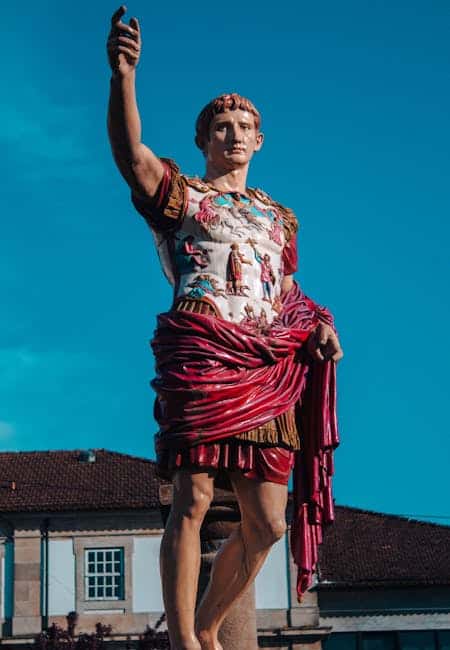The Influence of Immigrant Communities on Chicago’s History
Chicago, often referred to as the “Windy City,” has been a melting pot of cultures, traditions, and innovations. From its early days, immigrants have shaped the city into the vibrant metropolis it is today. This blog post delves into the profound influence immigrant communities have had on Chicago’s history, economy, and culture.
Table of Contents
1. Introduction
2. The Early Waves of Immigration
3. Cultural Influence and Neighborhoods
4. Economic Contributions
5. Social and Political Impact
6. Conclusion
7. FAQs
The Early Waves of Immigration
Chicago’s story would be incomplete without acknowledging the diverse waves of immigrants who arrived on its shores. In the mid-19th century, the city saw an influx of Irish and German immigrants, fleeing famine and political unrest. These communities laid the groundwork for Chicago’s industrial boom, building infrastructure and contributing to the city’s rapid growth.
As the 20th century approached, immigrants from Eastern Europe, including Poles, Russians, and Jews, arrived, fleeing persecution and seeking better economic opportunities. Each group brought unique skills, traditions, and a rich cultural heritage that would leave an indelible mark on the city.
Cultural Influence and Neighborhoods
Chicago’s neighborhoods are a testament to its multicultural roots. Areas such as Pilsen, Little Italy, and Chinatown showcase the distinctive cultural imprints of Mexican, Italian, and Chinese communities. Walking through these neighborhoods is like taking a mini world tour, with vibrant murals, authentic cuisines, and annual festivals that celebrate diverse heritages.
For example, Pilsen is renowned for its colorful murals that tell stories of Mexican heritage and resilience, while Little Italy offers a taste of authentic Italian cuisine and traditions. These enclaves not only preserve cultural identities but also enrich the city’s cultural fabric, fostering an environment of acceptance and diversity.
Economic Contributions
Immigrant communities have been pivotal to Chicago’s economic development. From the stockyards of the 19th century to the tech startups of today, immigrants have played a crucial role in driving growth and innovation. The city’s diverse labor force has been a significant asset, bringing new ideas and entrepreneurial spirit.
Immigrants have been instrumental in establishing small businesses that are now integral to Chicago’s economy. Restaurants, retail stores, and service-oriented businesses have sprouted, providing jobs and contributing to the local economy. Notably, the impact of immigrant entrepreneurs has been recognized as a key factor in the city’s resilience and adaptability in the face of economic challenges.
Social and Political Impact
Beyond cultural and economic contributions, immigrant communities have been active participants in Chicago’s social and political landscape. These communities have historically advocated for labor rights, social justice, and equitable policies. The Haymarket Affair of 1886, which highlighted labor struggles, had significant involvement from immigrant workers demanding better conditions.
In recent years, immigrant voices have continued to shape Chicago’s political discourse, advocating for policies that support immigrant rights and inclusivity. This involvement has led to a city that is more receptive and responsive to the needs of its diverse population.
Conclusion
Chicago’s history is a vibrant tapestry woven with the threads of countless immigrant stories. These communities have not only enriched the city culturally but have also played a fundamental role in its economic and social evolution. As we look to the future, it is essential to recognize and celebrate the continued contributions of immigrants, ensuring that Chicago remains a beacon of diversity and opportunity.
FAQs
Q: What are some famous neighborhoods in Chicago known for their immigrant roots?
A: Some well-known neighborhoods include Pilsen, Little Italy, and Chinatown, each reflecting the rich cultural heritage of Mexican, Italian, and Chinese immigrants, respectively.
Q: How have immigrants contributed to Chicago’s economy?
A: Immigrants have fueled economic growth by establishing businesses, contributing to diverse industries, and fostering innovation and entrepreneurship across the city.
Q: What role have immigrant communities played in Chicago’s political history?
A: Immigrant communities have been pivotal in advocating for labor rights, social justice, and policies that promote inclusivity and support for immigrants, actively shaping the city’s political landscape.
Chicago continues to thrive as a city that embraces its multicultural heritage, acknowledging the significant contributions of its immigrant communities in shaping its past, present, and future. 🌎


